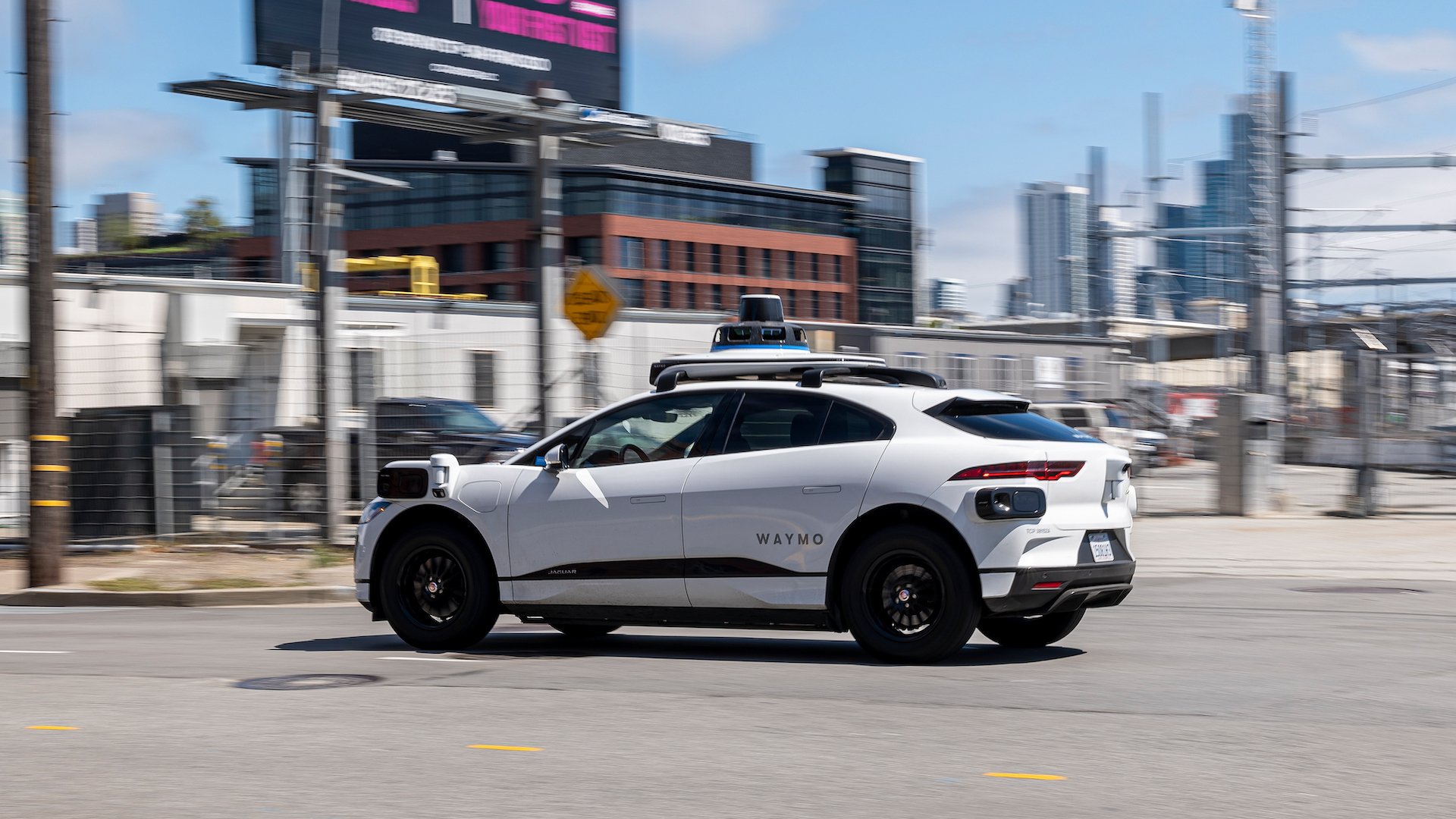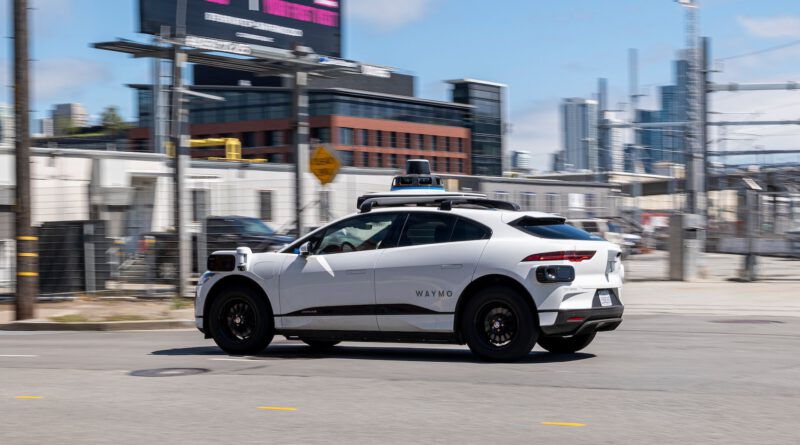Robotaxis can now trundle the streets of San Francisco 24/7

Robotaxis will be free to lumber about autonomously across the streets of San Francisco all day, every day. It’s a major win for the taxi operators, but a significant setback for anti-car activists, city officials, and and competing rideshare companies.
On Thursday, Waymo and Cruise were granted all-hours operating authority for driverless vehicles in the city by the California Public Utilities Commission (CPUC). Both ridesharing companies are now allowed to charge fares 24/7 for passengers ordering automated cars in their fleets.
Previously, Cruise had only been approved to operate in San Francisco between the hours of 10 p.m. to 6 a.m. without a safety driver present, while Waymo could offer fared passenger service at any time, though only with a safety driver present. Now, both Waymo and Cruise “may offer passenger service in its autonomous vehicles without a safety driver present throughout the city of San Francisco, at all hours of day or night” and can collect fares for these rides.
Alphabet-owned Waymo became the first taxi company to offer autonomous rides to the public in San Francisco in 2021, expanding the company’s service started in Phoenix, Arizona. Cruise launched soon after in the city in 2022, offering only the aforementioned late night driverless rides.
Both Waymo and Cruise hold an Autonomous Vehicle Deployment Program Permit issued by the California Department of Motor Vehicles (DMV), which is a prerequisite for companies wanting to put AVs on the road. According to the CPUC, both Cruise and Waymo had to submit an “advice letter” to enter the market as a passenger service using AVs, which were evaluated for licensing requirements and passenger safety measures.
“While we do not yet have the data to judge AVs against the standard human drivers are setting, I do believe in the potential of this technology to increase safety on the roadway,” said CPUC Commissioner John Reynolds in a press statement. “Collaboration between key stakeholders in the industry and the first responder community will be vital in resolving issues as they arise in this innovative, emerging technology space.”
According to a report by Wired’s Aarian Marshall, the CPUC’s decision was announced “in a packed San Francisco hearing room after a marathon six-hour public comment session, over strenuous objections from San Francisco officials and some vocal residents. They urged the CPUC to deny any expansion, saying that even after years of testing on the city’s winding, foggy, and sometimes chaotic streets, the vehicles are not ready for prime time.”
Waymo and Cruise’s quest to launch their 24/7 driverless car services has indeed not been met with enthusiasm by all San Franciscans, with concerns rising over public pedestrian safety, traffic congestion, and even first responder interference. In July, anti-car activist group Safe Street Rebel led innovative protests against the driverless vehicles, specifically disabling Waymo and Cruise’s cars by placing traffic cones on their hoods — it was dubbed the “Week of Cone”.
“We’re just generally trying to push back on tech really taking over our cities,” a member of the group told Motherboard in July. “We view these not as some revolutionary new mode of transportation or anything, but really just another way for auto companies…to further entrench car dominance and car reliance in our cities.”
